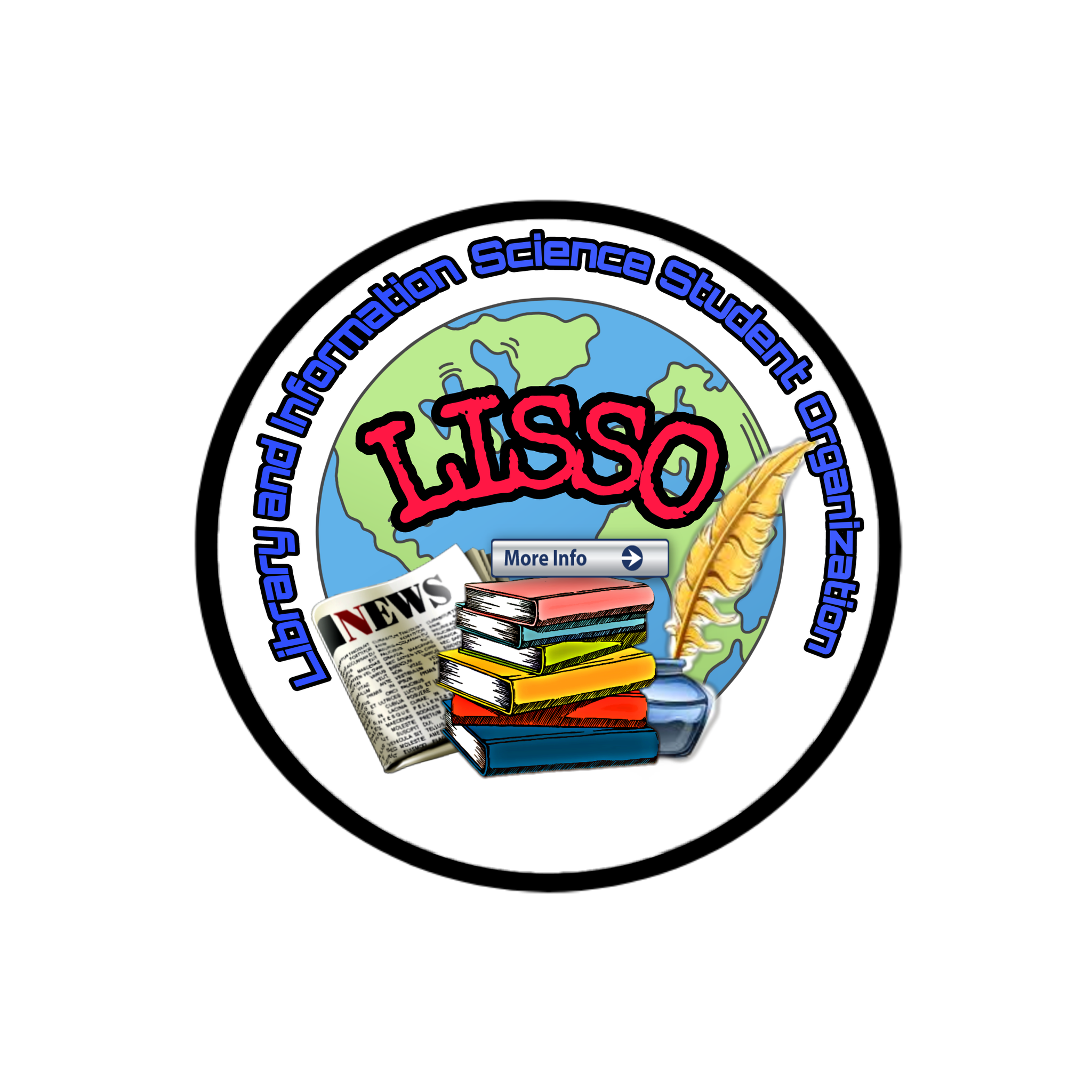
The Computer Science Society embraces its Mission to promote the Computer Science Course, to guide and prepare the students, to grow and strengthen the bonds of each member as one family, and to utilize the resources of the program to provide service to society and emphasize to students the need of lifelong learning, ethical conduct and an understanding of the diverse social context in which Computer Science is practiced. We furthermore seek to provide excellence in activities and outreaches to develop the community of all Computer Science Students to help and support its members to reach their goals in the ever advance, 21st century.

